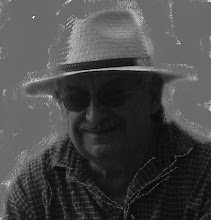The
Polish Patriot is new a book about courage, hope, adaptation and surviving
against all odds. The book illustrates in a very tangible way the occurrence of the second
world war, and allows you to understand that giving up was not an option, there
was always light at the end of the tunnel, even when it seems impossible.
The
life story of a young man who lost his whole family in
occupied Poland
The book was written in 2014, by his son Uri JerzyNachimson, 9 years after his death at the age of 93.
While writing the story of my
father’s life, I could hear his voice dictating to me, chapter after chapter.
Although my father had died nine years before I began writing the book,
nonetheless, I was able to put down accurately on paper everything he had told
me that had occurred during his life. He was a Polish patriot who renounced his
country, which had betrayed him and his people.
Jews had lived in Poland Russia Warsaw
The war destroyed his world, interrupted his dreams and
forced him to deal with new realities.
His loyalty and love for the old Poland that he knew so
well slowly began to fade when he discovered that his nationalism was based on
misconceptions about his Polish “brethren.” The Nazi occupation gave his Polish
neighbors a golden opportunity to get rid of the “Dirty Jew” and enabled them
to take their property. Many willingly collaborated with the Nazis during the
war, and there were even those who killed many survivors after the war.
Although he unwillingly
renounced his old homeland, nevertheless, he loved its culture and lived as a
Pole in his new country until his death at age ninety-three.
contact the author




